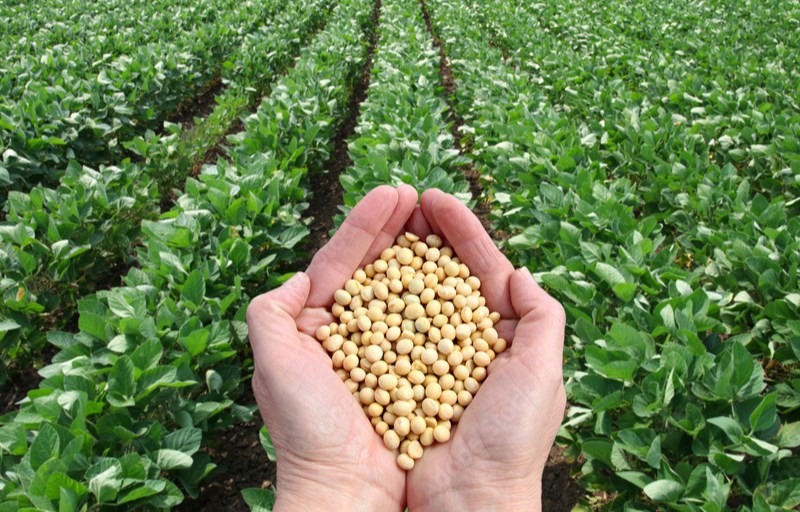April is National Soy Foods Month, a time to celebrate the nutrition and health benefits of soy and explore new ways to incorporate soy foods into your diet. Soy is a versatile and nutritious food that has been consumed for centuries in many cultures. It is rich in protein, fiber, vitamins, minerals and phytochemicals, making it a valuable addition to a healthy diet.
One of the key benefits of soy is its high protein content. Soybeans are a complete protein source, meaning they provide all the essential amino acids your body needs. This makes soy an excellent protein option for vegetarians and vegans, as well as anyone looking to reduce their intake of animal protein.
In addition to protein, soy is also a good source of fiber, which is important for digestive health and can help lower cholesterol levels. Soy contains both soluble and insoluble fiber, which work together to support gut health and promote regular bowel movements.
Soy is also rich in vitamins and minerals, including iron, calcium, magnesium and potassium. These nutrients are important for maintaining overall health and can help prevent deficiencies when included as part of a balanced diet.
One of the most well-known health benefits of soy is its potential to reduce the risk of heart disease. Soy contains phytochemicals called isoflavones, which have been shown to lower LDL (bad) cholesterol levels and improve heart health. Including soy foods in your diet can help support heart health and reduce your risk of developing heart disease.
Soy may also have protective effects against certain types of cancer, particularly breast and prostate cancer. The isoflavones in soy have been shown to inhibit the growth of cancer cells and may help reduce the risk of developing these types of cancer. While more research is needed, including soy foods in your diet may offer some protection against these diseases.
To incorporate more soy foods into your diet:
- add tofu or tempeh to stir-fries, salads, or soups
- soy milk can be used as a dairy-free alternative in smoothies, cereals and baked goods
- edamame make a delicious and nutritious snack and can be added to salads or pasta dishes
- soy sauce and miso paste can add flavor to a variety of dishes and are staples in Asian cuisine
Soy is a nutritious and versatile food that offers a range of health benefits. Including more soy foods in your diet can help you meet your protein and fiber needs, support heart health, and reduce your risk of certain types of cancer. Celebrate National Soy Foods Month this April by exploring new ways to incorporate soy into your meals and reap the many benefits this nutritious food has to offer.
Kristen Carli, MS, RD, is owner and registered dietitian nutritionist at Camelback Nutrition & Wellness.



